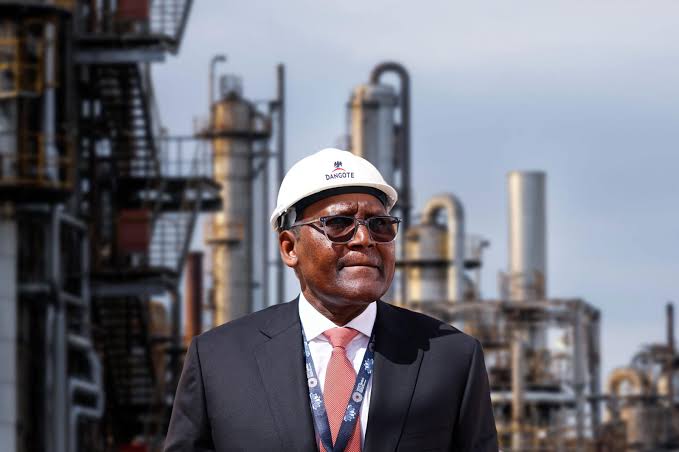Pope Leo XIV has cancelled a 2022 law that gave exclusive investment power to the Vatican bank, the Institute for the Works of Religion (IOR). Francis passed that law to consolidate control over the Holy See’s assets. However, Leo’s new decree allows Vatican departments to use non-Vatican banks when the Vatican’s investment committee finds them more efficient or convenient.
This change marks a significant shift in Vatican financial policy. It restores flexibility to departments that had to rely solely on the IOR under the previous rule.
Why the 2022 Law Raised Concerns
The 2022 centralization law surprised many inside the Vatican. It appeared to conflict with the Holy See’s constitution, which assigns financial duties to APSA, the patrimony office. APSA handles real property and other asset-management tasks across the Vatican.
Moreover, critics said the 2022 rule limited transparency and risked bottlenecks. Some Vatican bodies complained about power being overly concentrated, especially since nearby Italian banks could no longer handle some investment functions.
Other Reforms Following the Reversal
This rollback comes alongside further corrections from Leo XIV. He reassigned Monsignor Roberto Campisi, who led a controversial fundraising commission under Francis, to a diplomatic post in Paris. Critics had questioned the commission for lacking professional fundraisers and excluding key international donors.
Leo also emphasized donor transparency in recent interactions. For example, he met with the Knights of Columbus, a major U.S. Catholic donor organization, to reaffirm mutual trust and clearer reporting.
What the New Decree Requires
The new policy still urges use of the Vatican Bank (IOR) for most investments. However, when a better option exists, departments may turn to external banks, provided the investment committee approves.
All operations must follow investment policies developed under Francis’ oversight committee in 2022. The policy mandates discipline, accountability, and criteria for efficiency, convenience, and ethical standards.
Impacts and Reactions
Many within the Vatican see Leo’s changes as restoring balance. The decentralization may improve efficiency, allow departments to respond faster to market opportunities, and reduce frustrations over delays under the previous centralized model.
Some external observers warn that moving away from strict centralization could reopen risks. They urge that checks remain strong and that the IOR continues robust oversight.
Conclusion
Pope Leo XIV’s reversal of Francis’s 2022 financial law signals a new approach in Vatican leadership. Rather than exclusive control by the IOR, the new system favors shared responsibility and strategic flexibility. While the IOR remains central, external banks now share the field when needed. As Vatican departments adjust, Church observers expect greater transparency and renewed trust among donors.
Bonus Read: Trump to Impose Heavy Tariffs on Drugs, Furniture and Trucks




2 thoughts on “Pope Leo XIV Reverses Key Francis Financial Reforms”